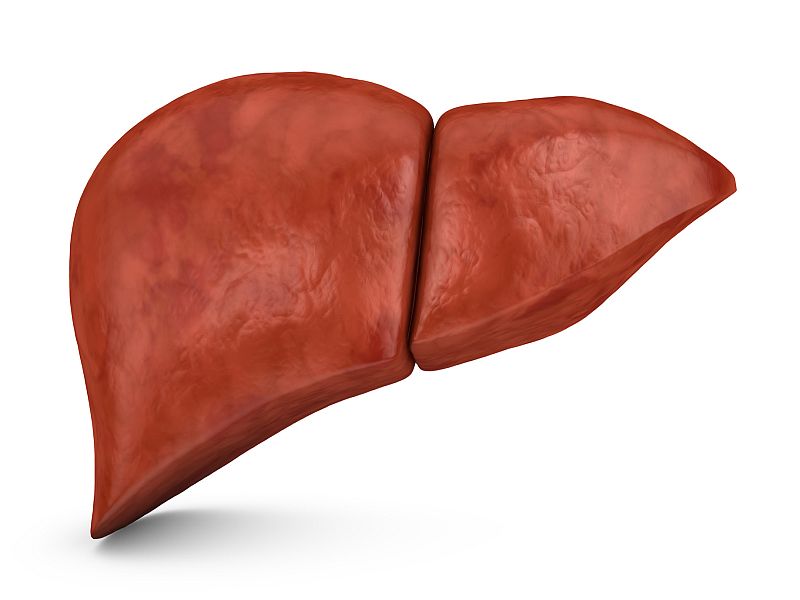
Liver cancer is the fastest-growing cause of cancer deaths in the United States, a new study reports.
Liver cancer cases have been on the rise since the mid-1970s, a trend expected to continue through at least 2030. Death rates from the disease have doubled since the mid-1980s — the fastest increase of any cancer, according to the American Cancer Society, which conducted the study.
About 41,000 new cases of liver cancer and 29,000 deaths from the disease are projected in the United States this year, the cancer society said.
Liver cancer is now the fifth-leading cause of cancer death in men and the eighth-leading cause in women. About 1 percent of people will be diagnosed with the disease during their lives. Only 1 in 5 survives five years after diagnosis, said the researchers led by Dr. Farhad Islami.
Islami is strategic director of cancer surveillance research and health services research at the cancer society.
A key reason for the liver cancer surge is a higher rate of hepatitis C virus infection among baby boomers. Among people born between 1945 and 1965, 2.6 percent have hepatitis C, a rate six times higher than among other adults.
Rising rates of obesity and type 2 diabetes have also contributed. Other risk factors for liver cancer include alcohol, which increases risk by about 10 percent per drink per day, and tobacco use, which increases liver cancer risk by about 50 percent, according to the findings.
The study also found significant racial and ethnic differences in liver cancer death rates, ranging from 5.5 per 100,000 in whites to nearly 12 per 100,000 in American Indians/Alaska Natives.
State differences also exist. North Dakota has the nation’s lowest liver cancer death rate (3.8 per 100,000), while the District of Columbia has the highest (9.6 per 100,000).
Differences in major risk factors and access to high-quality care contribute to these disparities, according to the researchers.
The study authors said most liver cancers are “potentially preventable.”
“Interventions to curb the rising burden of liver cancer and reduce racial/ethnic and geographic disparities should include the targeted application of existing knowledge in prevention, early detection, and treatment,” the researchers said.
This can done through “improvements in [hepatitis B virus] vaccination, screening and treatment of [hepatitis C], maintaining a healthy body weight, access to high-quality diabetes care, prevention of excessive alcohol drinking, and tobacco control,” the researchers added.
The study is being published June 8 in CA: A Cancer Journal for Clinicians.
More information
To learn more, visit the American Cancer Society.
Source: HealthDay

Leave a Reply